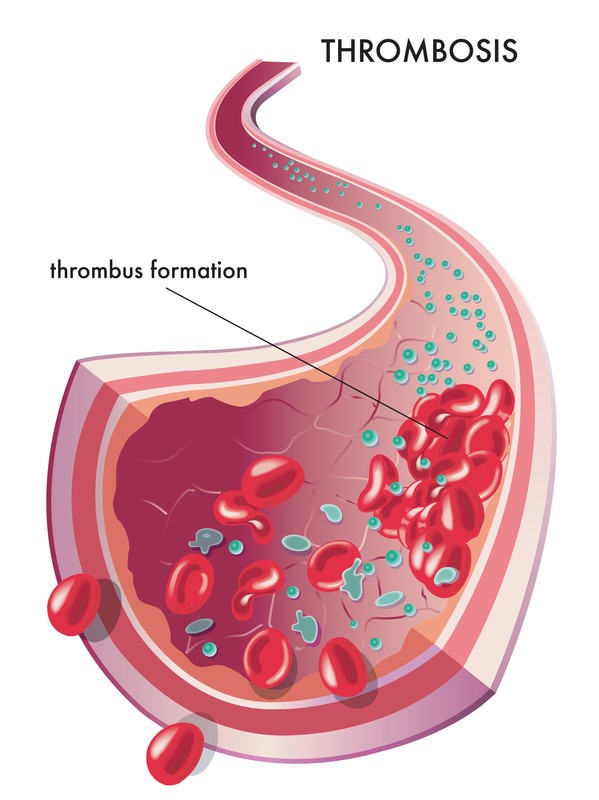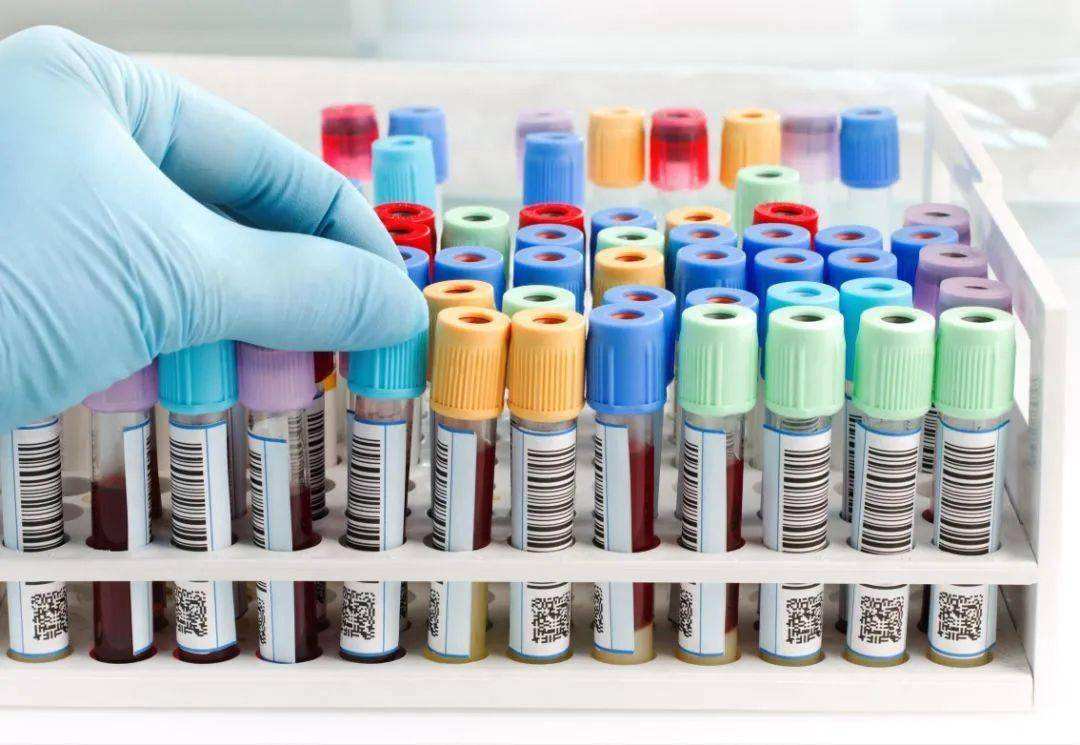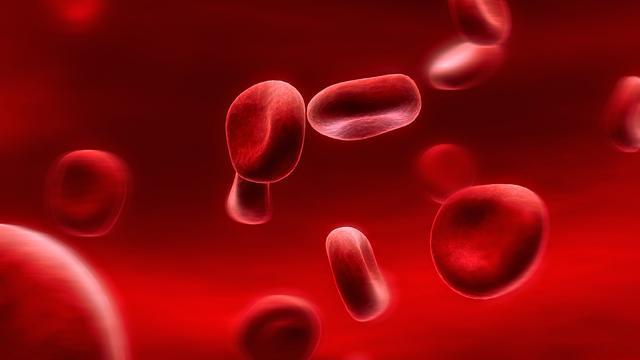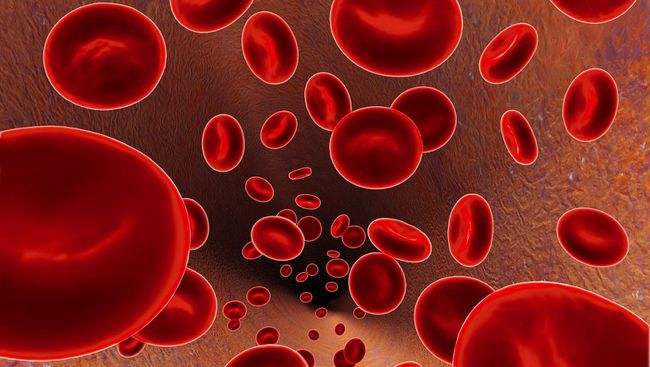-
The Future of the Blood Coagulation Analyzer Market 2022-28: An Analysis with Competitors
The blood coagulation analyzer market is changing at a rapid pace, and it’s no surprise why. With more advanced technology, increased competition among companies, and faster results for patients—it’s an exciting time to be in this space. This blog will explore what these changes mean for the futu...Read more -
SF-9200 Fully Automated Coagulation Analyzer
The SF-9200 Fully Automated Coagulation Analyzer is a state-of-the-art medical device used to measure blood coagulation parameters in patients. It is designed to perform a wide range of coagulation tests, including prothrombin time (PT), activated partial thromboplastin time (APTT), and fibrinoge...Read more -

Main Blood Anticoagulants
What are Blood Anticoagulants? Chemical reagents or substances that can prevent blood coagulation are called anticoagulants, such as natural anticoagulants (heparin, hirudin, etc.), Ca2+chelating agents (sodium citrate, potassium fluoride). The commonly used anticoagulants include heparin, ethyle...Read more -

How serious is coagulation?
Coagulopathy usually refers to coagulation disorders, which are generally relatively serious. Coagulopathy usually refers to abnormal coagulation function, such as decreased coagulation function or high coagulation function. Reduced coagulation function may lead to physi...Read more -

what are the signs of a blood clot?
A blood clot is a blob of blood that changes from a liquid state to a gel. They usually do not cause any harm to your health as they protect your body from harm. However, when blood clots develop in your deep veins, they can be very dangerous. This dangerous blood clot i...Read more -

Who Is At High Risk Of Thrombosis?
The formation of thrombus is related to vascular endothelial injury, blood hypercoagulability, and slowed blood flow. Therefore, people with these three risk factors are prone to thrombus. 1. People with vascular endothelial injury, such as those who have undergone vascu...Read more






 Business card
Business card Chinese WeChat
Chinese WeChat English WeChat
English WeChat